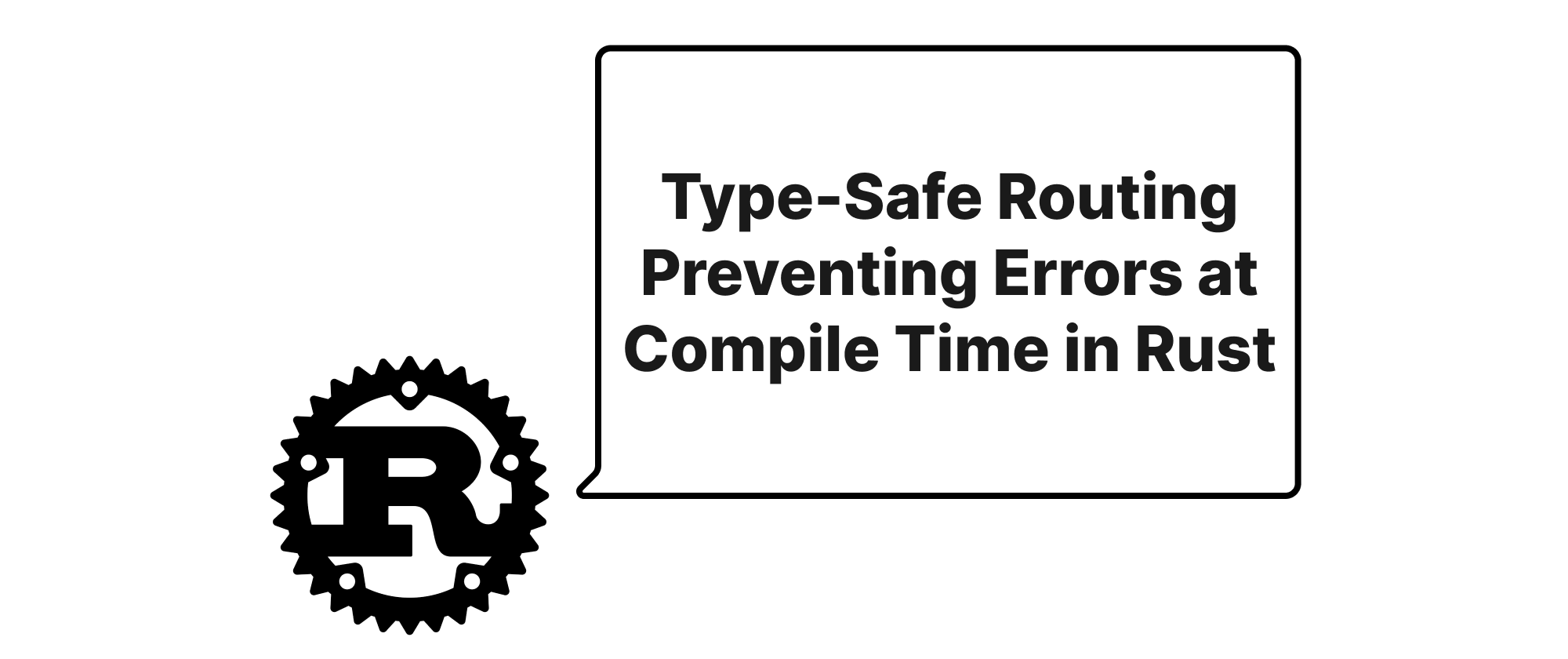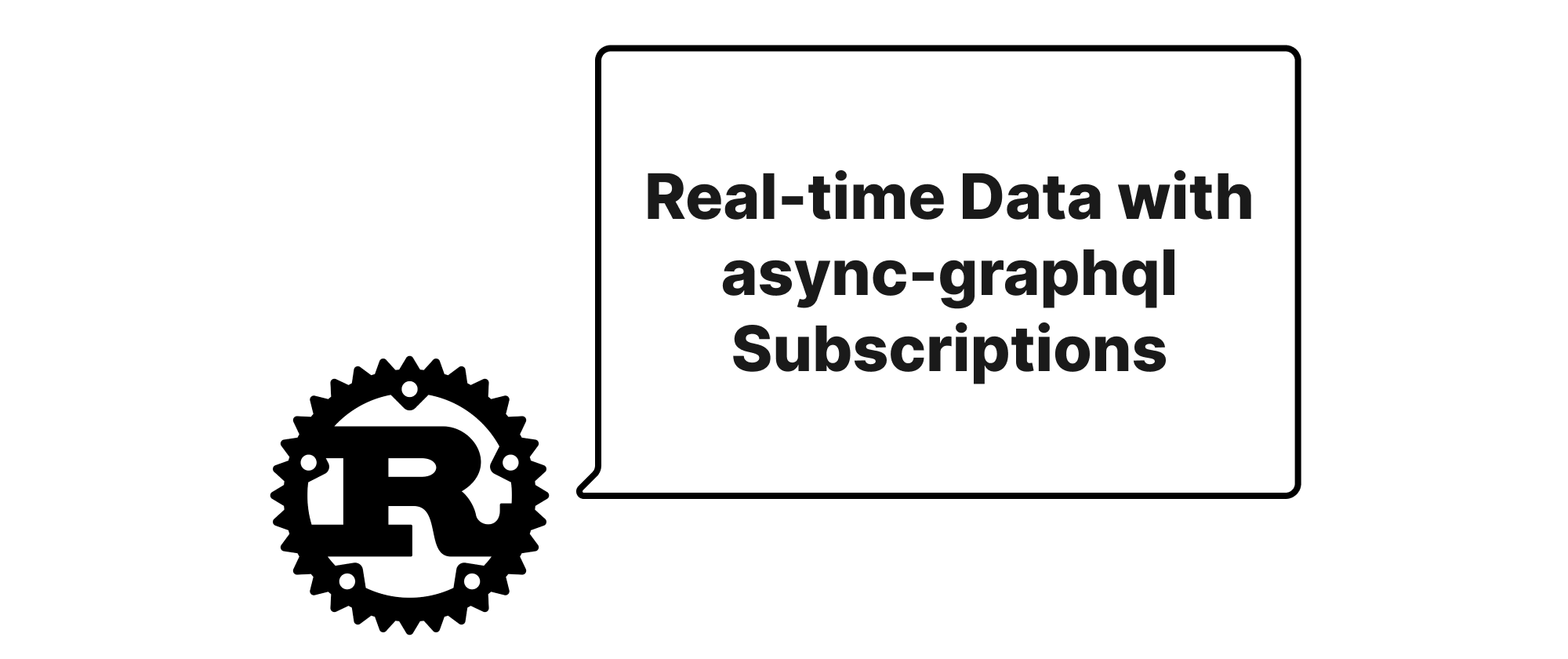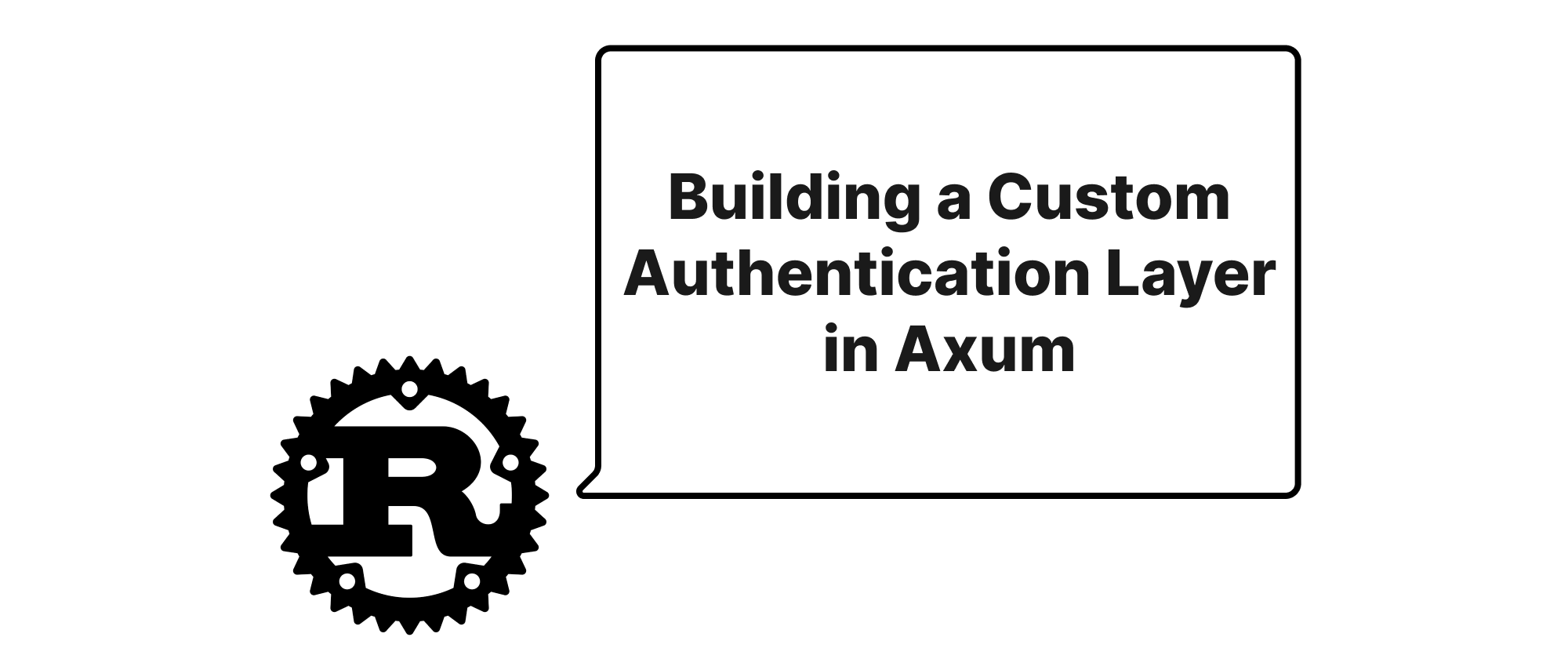Type-Safe Routing Preventing Errors at Compile Time in Rust
Olivia Novak
Dev Intern · Leapcell

Introduction
In the intricate world of web development, defining and managing routes is a fundamental yet often error-prone task. A mistyped path, a forgotten parameter, or an inconsistent request method can lead to frustrating runtime errors, obscure bugs, and a diminished user experience. Traditional approaches often rely on extensive runtime testing or careful manual inspection to catch these issues, which can be time-consuming and unreliable. This is where Rust's powerful type system offers a compelling alternative. By shifting the detection of these routing definition errors from runtime to compile time, we can significantly enhance the robustness and reliability of our web applications. This article delves into how Rust empowers developers to achieve this, transforming potential runtime headaches into compile-time assurances.
The Power of Compile-Time Guarantees
Before we dive into the specifics, let's establish a common understanding of some core concepts central to this discussion.
- Type System: At its heart, a type system is a set of rules that assign a property called a "type" to various constructs of a computer program, such as variables, expressions, functions, or modules. Rust's type system is famously strong and static, meaning type checking happens at compile time, not runtime. This early error detection is a cornerstone of Rust's safety guarantees.
- Compile-Time Error Prevention: This refers to the ability of a compiler to identify and report potential issues in code before the program is ever run. By catching errors at this stage, we avoid an entire class of bugs that would otherwise manifest during execution, leading to more stable and predictable software.
- Routing: In web applications, routing is the process of determining how an application responds to a client request to a particular endpoint. It typically involves matching a URL path and an HTTP method to a specific handler function.
The core principle we're exploring is how Rust's type system can encode information about our routes in such a way that the compiler can verify their correctness. This is achieved by leveraging several Rust features:
1. Enums for Path Segments and Methods
Enums are a powerful tool in Rust for defining a type that can be one of a few different variants. We can use them to represent valid path segments or HTTP methods, ensuring that only predefined, correct values are used.
Consider a simple API for managing users:
enum UserPathSegment { Users, Id(u32), Profile, } enum HttpMethod { GET, POST, PUT, DELETE, }
While this is a start, it doesn't directly prevent issues like GET /users/profile/123.
2. Phantom Types and Associated Types for Path Structure
To achieve more sophisticated compile-time checks for path structure, we can employ phantom types and associated types. Phantom types are type parameters that don't have any runtime effect but are used purely for type-level programming. Associated types, on the other hand, define type aliases within a trait, allowing for different implementations to specify different concrete types.
Let's imagine a trait for a route definition:
pub trait Route { type Path; type Method; type Output; // Type of data returned by the handler type Error; // Type of error returned by the handler fn handle(req: Self::Path) -> Result<Self::Output, Self::Error>; }
Now, we can create specific route types that implement this trait, using phantom types to represent the expected path structure.
// A phantom type to represent the /users path struct UsersPath; // A phantom type to represent the /users/:id path struct UserIdPath<Id>; trait ToSegment { fn to_segment() -> &'static str; } impl ToSegment for UsersPath { fn to_segment() -> &'static str { "users" } } impl<Id: From<u32>> ToSegment for UserIdPath<Id> { fn to_segment() -> &'static str { "users/:id" } } // Example Route for GET /users struct GetUsersRoute; impl Route for GetUsersRoute { type Path = UsersPath; type Method = HttpMethod; // This could be specialized further with another phantom type type Output = String; // Example output type Error = String; // Example error fn handle(_req: Self::Path) -> Result<Self::Output, Self::Error> { Ok("List of users".into()) } } // Example Route for GET /users/:id struct GetUserByIdRoute; impl Route for GetUserByIdRoute { type Path = UserIdPath<u32>; // Expects a u32 for the ID segment type Method = HttpMethod; type Output = String; type Error = String; fn handle(_req: Self::Path) -> Result<Self::Output, Self::Error> { // In a real implementation, you'd extract 'id' from the request Ok(format!("User details for ID: {}", 123)) // Placeholder } }
With this setup, attempting to use GetUserByIdRoute with a path that doesn't conform to UserIdPath<u32> would result in a type mismatch error at compile time. For instance, if a routing macro or framework tried to bind GetUserByIdRoute to /users/profile, the type system would catch the incompatibility.
3. Macro-Based Routing for Type Inference and Enforcement
Manually implementing these structs and traits can be verbose. This is where declarative macros shine, especially procedural macros. A well-designed routing macro can:
- Parse route definitions: Take declarative route definitions (e.g.,
GET /users/:id => handler) as input. - Infer types: Automatically infer the required
Path,Method,Output, andErrortypes for each handler based on its signature and the route pattern. - Generate code: Produce the necessary structs and trait implementations, ensuring type coherence.
- Enforce constraints: Leverage Rust's type system to generate compiler errors if, for example, a handler expects a
Stringfor an:idparameter but the path implies au32. Or if a route is defined with a method not allowed for a specific path.
Consider a hypothetical macro #[route] (similar to what frameworks like Actix-Web or Axum might expose):
// In a real framework, `id` would be extracted from the request #[some_framework::get("/users/:id")] async fn get_user_by_id(id: u32) -> String { format!("Fetching user with ID: {}", id) } #[some_framework::post("/users")] async fn create_user(user: Json<User>) -> String { // ... format!("Created user: {:?}", user) } // This would cause a compile-time error if the framework is type-aware: // The route expects an `id` parameter, but the handler signature doesn't match. #[some_framework::get("/users/:id")] async fn wrong_handler_signature(name: String) -> String { format!("User name: {}", name) // Compiler error: expected `id: u32`, found `name: String` } // This would also cause a compile-time error: // The path pattern `/users` doesn't match a path with an ID parameter. #[some_framework::get("/users")] async fn invalid_path_for_id(id: u32) -> String { format!("Fetching user with ID: {}", id) }
In the examples above, a robust routing macro would analyze the path pattern (/users/:id), infer that an id parameter of type u32 is expected for the handler, and then check the handler's signature. If the types don't align, or if a parameter is expected but not provided (or vice-versa), the compiler will generate an error immediately, preventing the application from even compiling.
Application Scenarios
This type-safe routing approach is particularly valuable in:
- Large-scale web services: Where many developers contribute, ensuring consistency and preventing regressions becomes crucial.
- APIs with intricate path structures: APIs that involve nested resources and various parameters benefit immensely from compile-time validation.
- Microservices architectures: Where different services might expose and consume each other's APIs, compile-time guarantees ensure that the contracts between services are respected at the routing level.
Conclusion
By meticulously designing our routing structures with Rust's powerful type system, we elevate common runtime routing errors into compile-time diagnostics. Through the strategic use of enums, phantom types, associated types, and sophisticated procedural macros, developers can create web applications where the very definition of a route is verified for correctness before a single line of code ever executes at runtime. This paradigm shift not only leads to more robust and reliable software but also significantly enhances developer productivity by catching errors earlier in the development cycle. Leveraging Rust's type system for routing is a powerful step towards truly bulletproof web applications.


